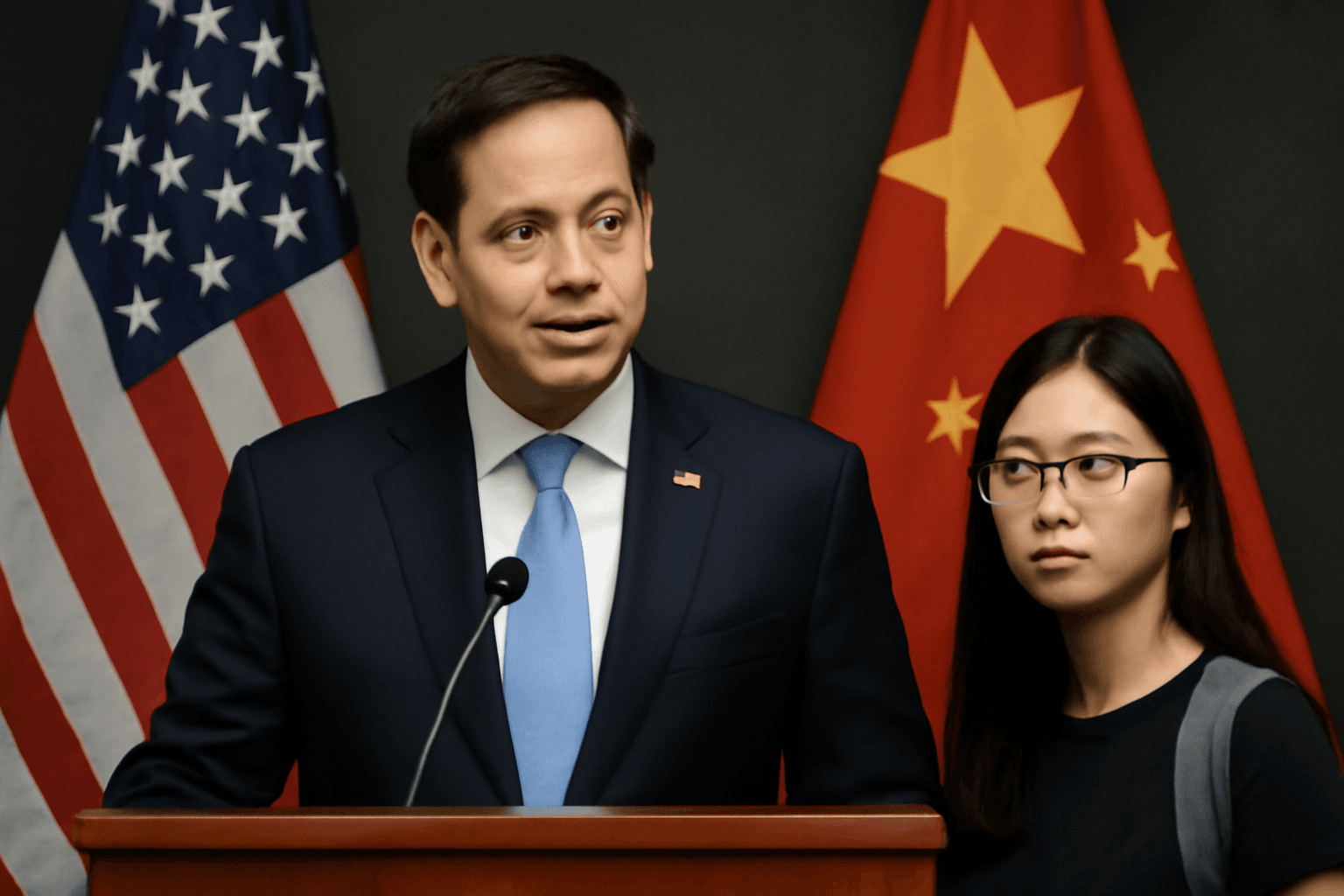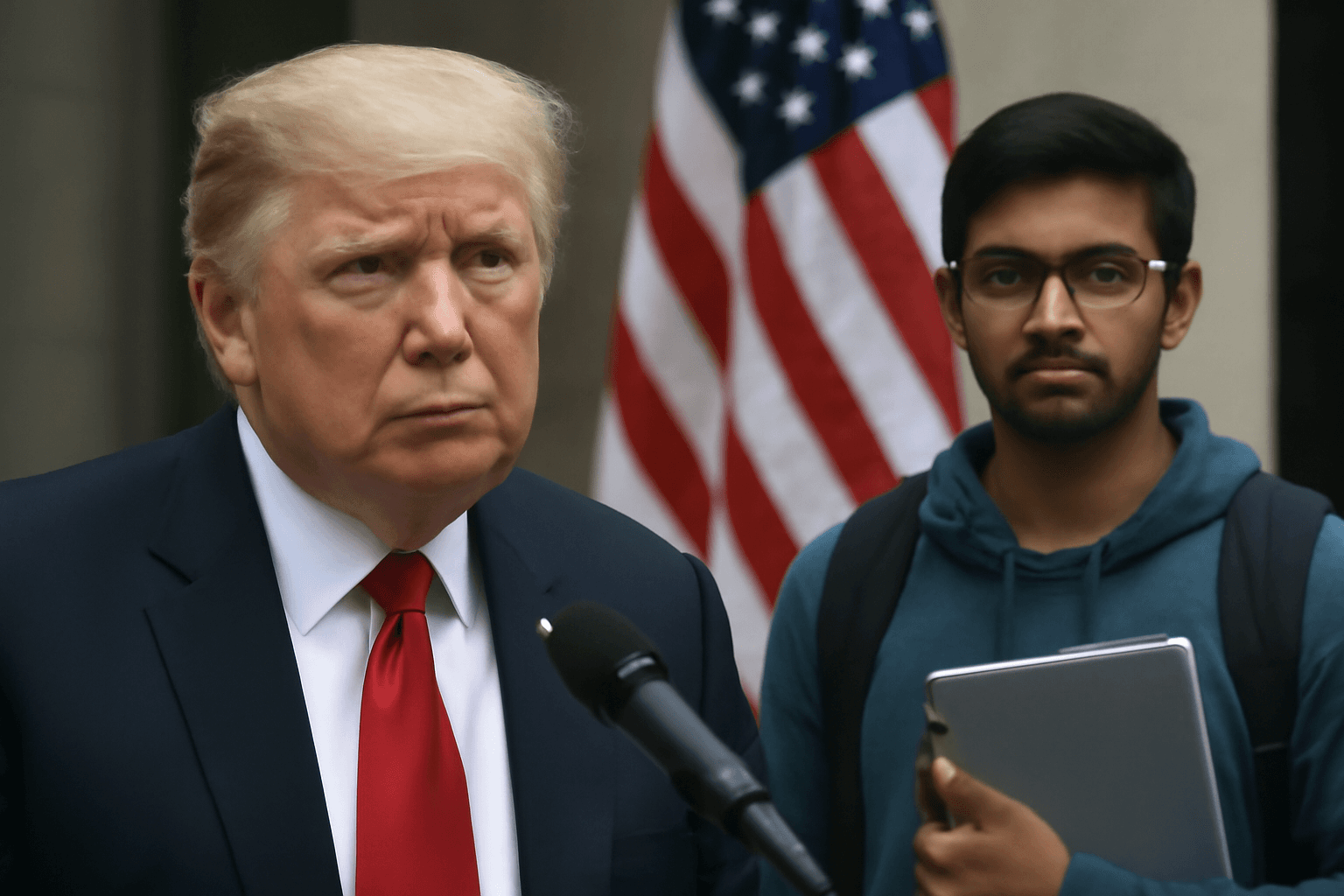British universities are poised to attract a growing number of Chinese students following tightened U.S. visa policies that restrict Chinese nationals' ability to study in the United States.
Recent measures by the U.S. government have intensified scrutiny of Chinese students, particularly those with alleged connections to the Chinese Communist Party, signalling a more aggressive stance on immigration. This has led to interruptions for many international students at leading American institutions and has potentially redirected their academic pursuits overseas.
In response, U.K. universities are preparing to capitalize on this shift. The United Kingdom offers several advantages that appeal to international Chinese students, including shorter degree programs, comparatively lower living costs, and internationally recognized qualifications. Additionally, current post-study work opportunities further enhance the U.K.'s appeal as a premier destination for higher education.
Data indicates a recent increase in Chinese applications to U.K. universities. While the total number of Chinese students enrolled showed a slight decline in the past two academic years, analysis of application trends reveals an 8.9% rise in submissions during early 2025 compared to the previous year, suggesting a possible reversal of the downward enrollment trend.
Experts note that British universities rely heavily on international tuition fees, especially as domestic undergraduate fees remain capped and do not reflect inflationary pressures. Chinese students, in particular, contribute significant revenue to numerous institutions, with some universities depending on their enrollment for at least 10% of total income.
To further attract Chinese students, British universities are enhancing strategic partnerships with Chinese academic institutions. Initiatives such as 2+1 articulation programs allow students to commence their studies in China and complete their final year in the U.K., fostering long-term academic collaboration. Financial incentives, including scholarships, are also being employed to welcome top talent from China.
Beyond academics, integrating more Chinese students into the U.K.’s educational ecosystem is viewed as having broader economic implications. The presence of international graduates has been linked to the growth of high-impact startups, especially in major European cities like London, Berlin, and Paris, thereby supporting innovation and entrepreneurship within Europe.
British academic leaders emphasize the importance of international students for cultural diversity, economic contribution, and maintaining academic excellence. As global competition for talent intensifies, the U.K. is positioning itself as a leading alternative destination for Chinese students reassessing study options due to evolving U.S. immigration policies.



















